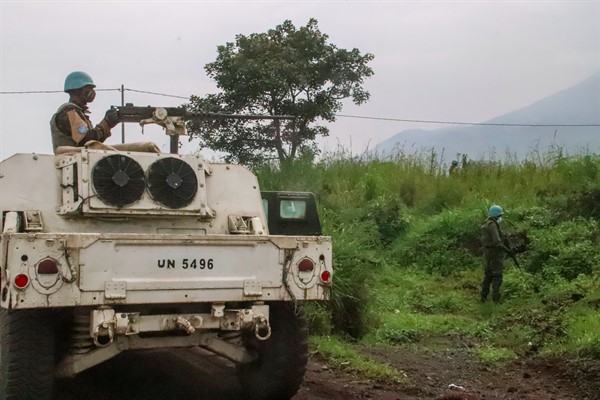After months of political and institutional maneuvering, the Democratic Republic of Congo’s president, Felix Tshisekedi, has finally unshackled himself from his predecessor, Joseph Kabila. The two had until recently been partners in an uneasy power-sharing arrangement, but Tshisekedi now has the power to make decisions without being constrained by the man who put him in office. The key question is how he will use it.
Kabila ruled the country for 18 years but agreed to step down ahead of the disputed 2018 elections, in which his preferred successor lost to Tshisekedi even as his allies gained a sizeable majority of parliamentary seats. The two rivals then agreed to form a coalition, whereby Tshisekedi took the top job while Kabila controlled Parliament and retained considerable influence across government ministries and security organs, using it to protect his vast empire of business and political interests. The signs of a power struggle were ever-present, however, and Tshisekedi’s agenda early on was frequently stymied by interference from Kabila and his allies.
In recent months, the president gained the upper hand, notching a series of victories against Kabila that allowed him to win control of the prime minister’s office—to which he appointed Jean-Michel Sama Lukonde Kyenge—and both houses of Parliament. Tshisekedi will likely win parliamentary approval for his new government, as lawmakers reconvened for a new session this week. With a greater say in personnel decisions, he will enjoy greater control over state revenue streams and security forces.

